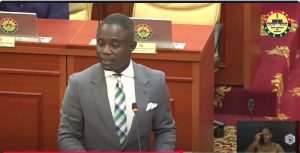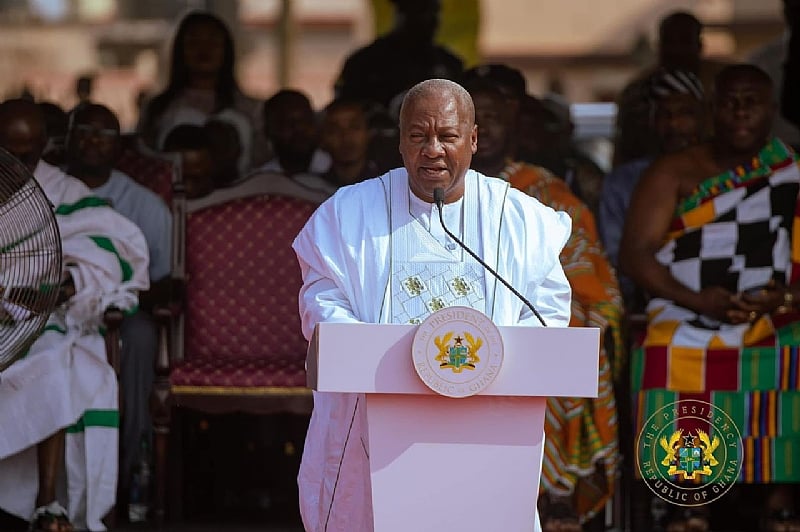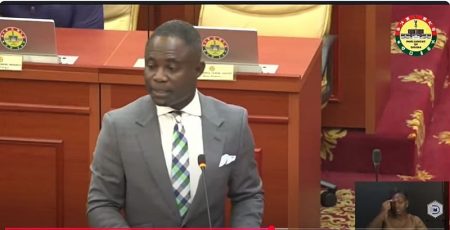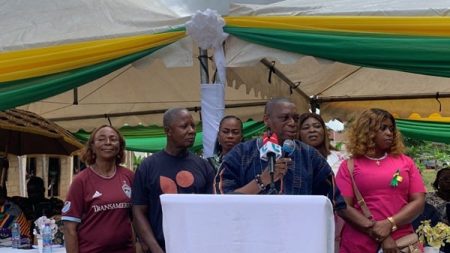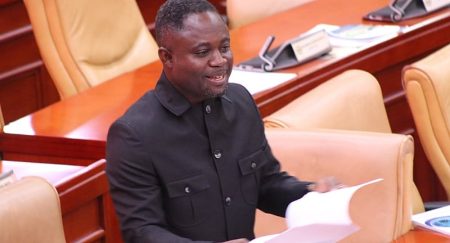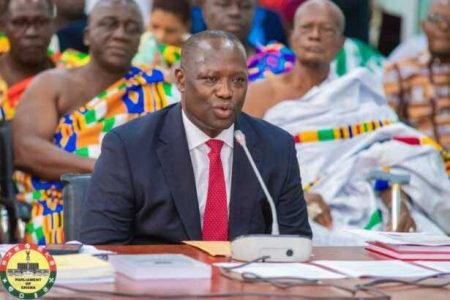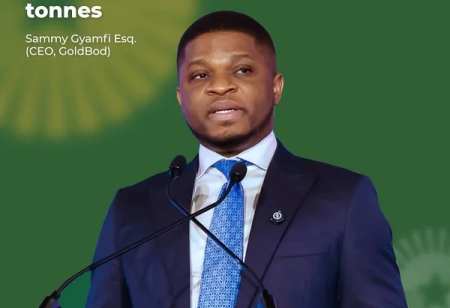President John Dramani Mahama, addressing the nation at the inaugural National Day of Prayer and Thanksgiving, delivered a message of hope and resilience, assuring Ghanaians of a brighter future despite past challenges. He emphasized that the nation’s struggles are not indicative of decline, but rather represent a necessary part of the journey towards progress and prosperity. Drawing a parallel to the biblical story of the ten lepers, President Mahama underscored the importance of gratitude, highlighting its transformative power to unlock further blessings and facilitate national renewal. He expressed his belief that the same divine force that has guided Ghana thus far will continue to shepherd the nation towards its destined greatness. His address resonated with a theme of unwavering faith and optimism, encouraging citizens to maintain their hope and unity while acknowledging the divine hand in the nation’s trajectory.
The President’s message centered on the unwavering belief that Ghana’s best days are yet to come. He dismissed the notion that past difficulties signify a downward trajectory, instead framing them as formative experiences that contribute to the nation’s growth and resilience. By invoking the biblical narrative of the grateful leper, he emphasized the transformative power of gratitude, portraying it not merely as a polite gesture, but as a catalyst for miracles and a conduit for further blessings. This framing positioned gratitude not just as a personal virtue, but as a collective national imperative, essential for unlocking the nation’s full potential and ushering in a period of renewed prosperity. His words served as a call to national introspection, urging Ghanaians to recognize and appreciate the blessings bestowed upon them, thereby laying the foundation for continued progress.
President Mahama’s address was infused with a deep sense of national pride and an unwavering belief in Ghana’s potential. He acknowledged the challenges faced by the nation, but maintained an optimistic outlook, emphasizing the inherent strengths that position Ghana for future success. He highlighted the dynamism and creativity of the Ghanaian youth, recognizing them as a key driving force in the nation’s progress. He also pointed to the growing resilience of the Ghanaian economy, suggesting that the nation is on a path towards greater economic stability and prosperity. This combination of faith, optimism, and a recognition of the nation’s inherent strengths formed the core of his message, aimed at inspiring a sense of collective purpose and national unity.
The choice of the National Day of Prayer and Thanksgiving as the platform for this address further amplified the message’s significance. By linking national progress with spiritual gratitude, President Mahama underscored the importance of faith and divine guidance in the nation’s journey. He portrayed gratitude not merely as a religious observance, but as a foundational principle for national development. This connection between spiritual and temporal well-being served to reinforce the message of hope and resilience, suggesting that through collective prayer and a spirit of thankfulness, the nation could overcome its challenges and achieve its full potential. The setting of the State House Forecourt further emphasized the national importance of this message, signifying a unified approach towards national progress.
The President’s words served as a call to action, urging Ghanaians to embrace the power of prayer, unity, and hope as essential ingredients for national transformation. He positioned these virtues not simply as abstract ideals, but as tangible forces capable of shaping the nation’s destiny. By emphasizing the collective nature of this endeavor, he called upon all citizens to play their part in building a brighter future for Ghana. His message resonated with a sense of shared responsibility, emphasizing that national progress is not the sole responsibility of the government, but a collective effort requiring the active participation of all Ghanaians. This call to collective action underscored the importance of national unity and a shared vision for the future.
In essence, President Mahama’s address at the maiden National Day of Prayer and Thanksgiving was a powerful message of hope and resilience. He emphasized the importance of gratitude, not only as a personal virtue, but as a catalyst for national renewal. He expressed unwavering faith in Ghana’s potential, highlighting the dynamism of the youth and the growing resilience of the economy. His call to prayer, unity, and hope served as a rallying cry for the nation, urging all Ghanaians to work together towards a brighter future. By linking national progress with spiritual gratitude and collective action, he presented a vision of a united and prosperous Ghana, poised to overcome its challenges and achieve its full potential. The address, delivered in the symbolic setting of the State House Forecourt, served as a powerful reminder of the collective responsibility to shape the nation’s destiny.


